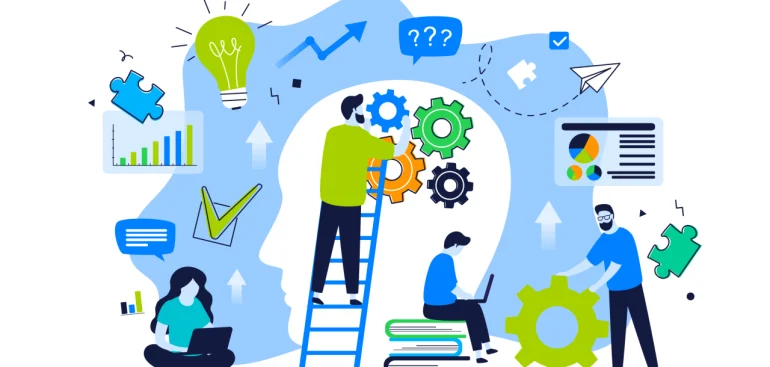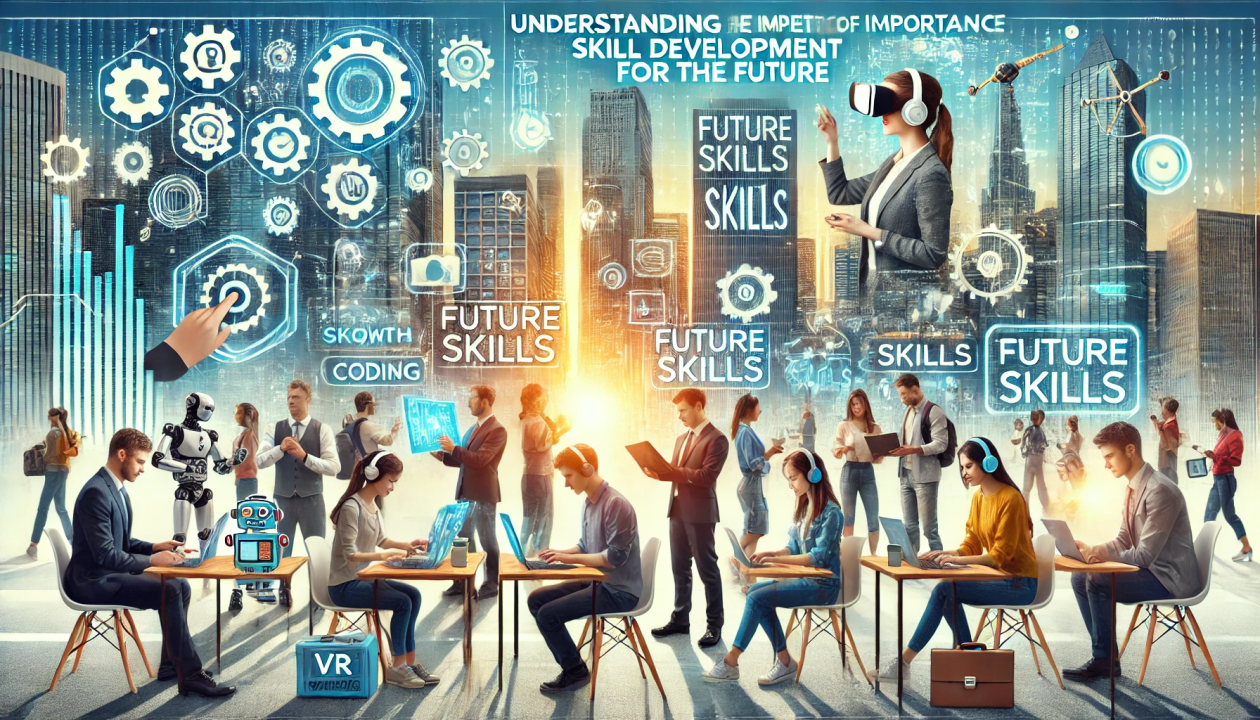The only thing that is constant in the rapidly evolving digital world of today is change. Jobs are changing more quickly than ever before, sectors are changing, and technology is developing. In this setting, reskilling and upskilling have become essential rather than merely a wise professional choice.
Whether you’re a recent graduate, a professional in the middle of your career, or a company leader, maintaining current skills is essential to remaining competitive, relevant, and prepared for the future.
What Distinguishes Reskilling from Upskilling?
- Learning new abilities for an entirely different role is known as reskilling. For instance, a customer service representative who wants to pursue a career in technology might study software development.
- Adding new abilities to advance in your existing position or industry is known as upskilling. To improve campaign performance, for example, a marketer can learn data analytics or AI tools.
As industries continue to embrace cloud computing, automation, artificial intelligence, and data-driven tactics, both are crucial.
Why Is It So Critical to Reskill and Upskill?
- Tasks Are Being Replaced by AI and Automation
Routine occupations are being mechanized, particularly in customer service, manufacturing, and even banking. Employees must move into positions requiring human intelligence, creativity, and emotional intelligence in order to remain employable.
- Digital Proficiency Is Now Required
Digital literacy is now required for almost every profession, in every industry, from grasping basic coding to using collaborative apps like Slack and Zoom.
- The Growth of Remote and Hybrid Work
Remote work increased as a result of the pandemic. To thrive in decentralized organizations, professionals nowadays require excellent digital communication, project management, and self-discipline skills.
- Shorter Lifecycles of Skills
Skills that were in demand five years ago may already be obsolete. Nowadays, lifelong learning is expected and not optional.
Which Competencies Are Needed?
Consider the following high-value abilities, depending on your industry:
- Tech skills include software development, cloud computing, cybersecurity, AI/ML, and data analysis.
- Soft skills include leadership, emotional intelligence, creativity, flexibility, and communication.
- Digital marketing, project management, financial literacy, and product management are examples of business skills.
You don’t have to become an expert at everything at once. Select abilities that complement industry trends and your professional objectives.
How to Begin
Enroll in Online Courses
Numerous subjects are covered by the flexible learning alternatives provided by platforms such as Coursera, Udemy, edX, and LinkedIn Learning.
Participate in Bootcamps or Workshops
Immersion programs can accelerate your learning through practical projects, particularly in coding or design.
Obtain Certifications
Credentials accepted by the industry might improve your resume and demonstrate to potential employers your commitment to advancement.
Take Advice from Your Workplace
Nowadays, a lot of businesses provide professional development reimbursements or in-house training. Use these to your advantage!
Networking and Mentoring
Make connections with people in the field of your choice. Mentors can direct your educational journey and present you with fresh possibilities.
The Adaptable Will Rule the Future
Your greatest asset in a world where sectors can change drastically in a matter of hours is your capacity for growth, learning, and adaptation. Upskilling and reskilling increase confidence, creativity, and job happiness in addition to improving your career possibilities.
Never forget that investing in yourself is the finest investment you can make. If you continue to grow and learn, you will not just survive but flourish in the workplace of the future.







